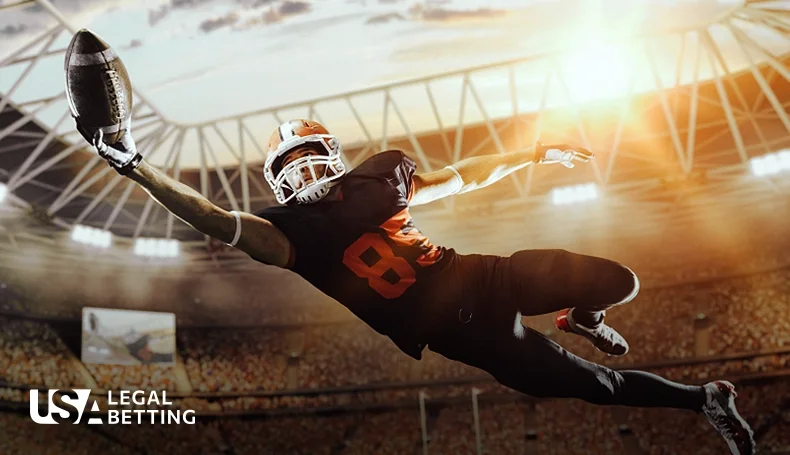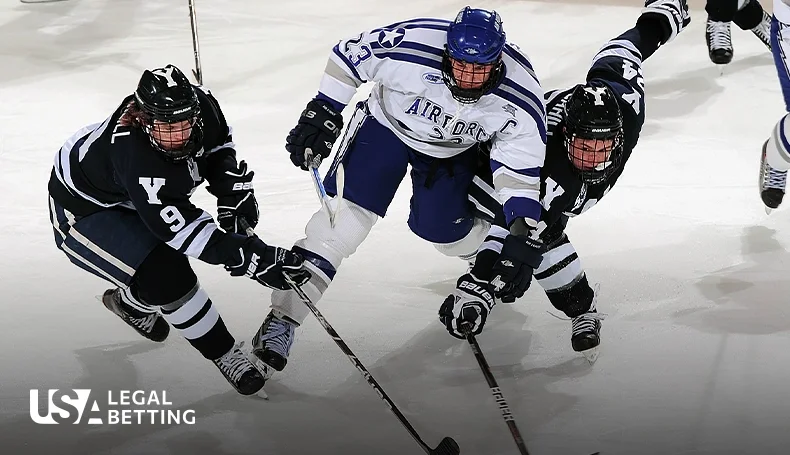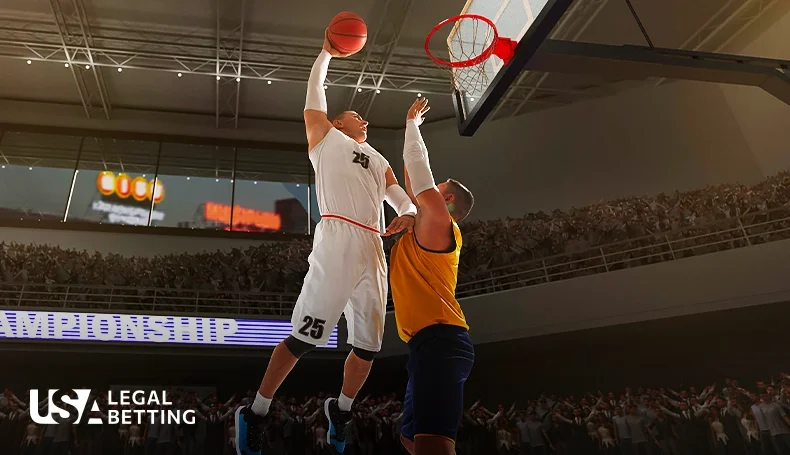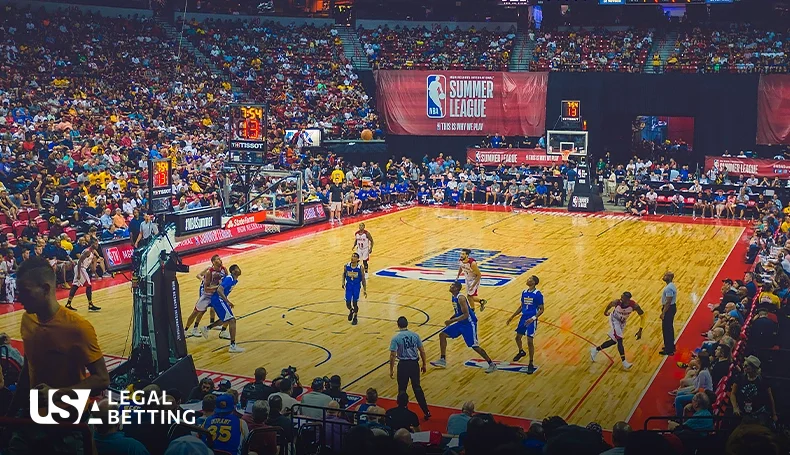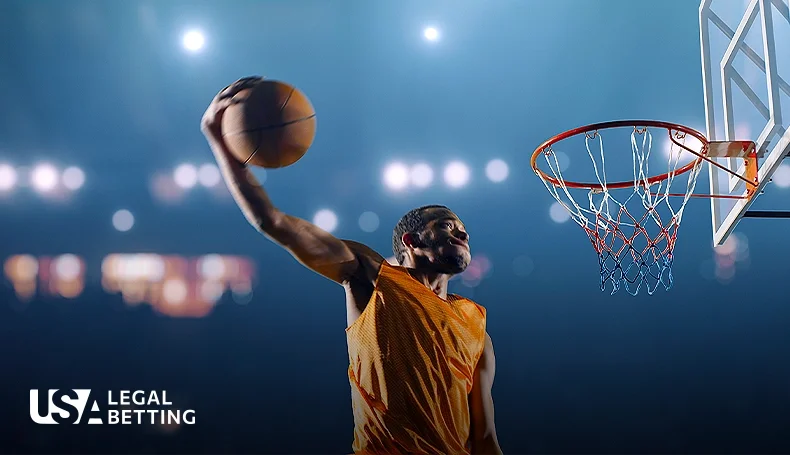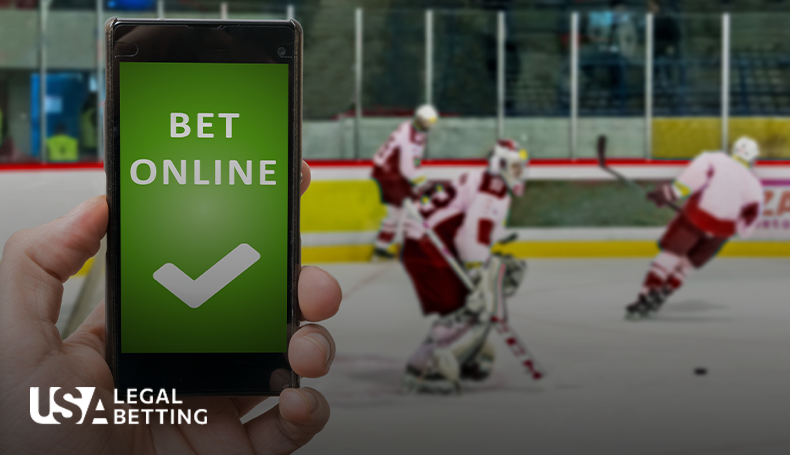Colorado sports betting is legal and live at retail sportsbooks and casinos, online betting sites, racetracks, and affiliate locations.
The market opened in November 2019 following a federal court decision in 2018 that opened the door to the spread of gambling.
The Centennial State did not need much pushing in the wake of the decision.
Lawmakers were almost unanimously on board and welcomed sports betting with open arms. Now, Colorado has a growing and healthy market for customers and operators.
36 states (at the time of writing) have legal sports betting markets, five of which are not yet live.
However, the internal processes, structure, and binding rules differ greatly between states. As we continue, we will compare Colorado’s sports betting ecosystem to those of several nearby states.
The ultimate goal will be to highlight the similarities and differences between Colorado and other nearby competitors.
The national market is still in its infancy, and states are constantly pulling what they can from other nearby locations and adapting their model.
Here’s a report on how a few of Colorado’s contemporaries look.
 New Mexico
New Mexico
New Mexico was early to the party, becoming the sixth American state to legalize sports betting in October 2018. There are many regulated sportsbooks in the state, none more important than the first legal sportsbook, the Santa Ana Star Casino Hotel.
New Mexico has a steep 46.25% tax rate on casinos’ net take and receives 6% of gambling winnings. Figures for their revenue are not available online, but the market appears to be healthy and productive.
Some states have outlawed the use of offshore sportsbooks, but New Mexico has kept them legal. In fact, nearly every facet of gambling is legal here, including college and college player prop betting.
There are no major sporting draws in the state, with the New Mexico Lobos football team being the greatest draw. However, they are next door to Arizona and Texas, both of which have very strong sports attractions.
New Mexico sports betting participants must be at least 21 years old to wager online or at casinos, although guests of 18+ can wager at racetracks. The New Mexico Gaming Control Board oversees all gambling-related operations within state lines.
 Arizona
Arizona
Arizona is another state in the prominent southwest gambling area, except it has more juice than its neighbor, New Mexico. Arizona sports betting launched in April 2021 after Gov. Doug Ducey signed a bill into law.
From the launch of the market to the end of 2021, Arizona bettors wagered more than $1.7bn in total. Sportsbooks made out with $60m in profit, leading to $6.1m being paid to the state in taxes.
Arizona has a few major draws for sports fans in general, including the Arizona Cardinals, Phoenix Suns, Arizona Diamondbacks and Phoenix Mercury. They also have strong collegiate options with the University of Arizona and Arizona State University.
There are no laws that explicitly outlaw offshore sportsbooks like Bovada in Arizona, leaving them open for use. Unlike New Mexico, however, Arizona bettors cannot put money on individual player performances in college sports.
Arizona bettors have to be 21 to place any type of bets with regulated agencies. The Arizona Department of Gaming serves as the regulator for all sports gambling endeavors.
 Kansas
Kansas
Kansas sports betting recently began in September 2022 after a long-winded legislative battle and tons of internal and external pressure. Other states in the middle of the country pushed Kansas to legalize sports betting and join their proliferating sector, but legislators needed a lot of convincing.
The six regulated sportsbooks reported a $160.5m handle in their first month of operation, resulting in $1.29m in revenue and $129,000 in taxes for the state. The market is expected to grow substantially with more time and investment.
Kansas missed a golden opportunity for sports bettors in spring 2022 as the University of Kansas Jayhawks won March Madness, successfully defeating the University of North Carolina in a memorable title match they controlled from the opening tip.
The only professional pro sports teams in Kansas are Sporting Kansas City, although they are next door (and lend their name) to the NFL’s Kansas City Chiefs and the MLB’s Kansas City Royals.
Offshore betting sites are legal in Kansas for bettors who prefer to get their lines from any of the non-dominant sportsbooks or are looking for different offerings. The Kansas Racing and Gaming Commission is in charge of monitoring the state’s gaming scene and intervening when necessary.
 Oklahoma
Oklahoma
Oklahoma sports betting has not been legalized, but that is not for want of effort. In January 2022, Rep. Ken Luttrell introduced HB 3008 which, among other things, called for a legal sports betting market in the state.
Gambling has been legal in Oklahoma since 2004. There are more than 140 tribal casinos, yet despite this, none of them can legally accept any sports bets.
There is great interest in breaking into the Oklahoma market from most major sportsbooks. Although it is not the most populated state, nor one with the greatest draws in the world, it is in a growing part of the country’s gambling scene and would unlock a new revenue stream.
The Oklahoma City Thunder stand out as the biggest attraction in sports in Oklahoma, while the University of Oklahoma and Oklahoma State University also receive a ton of attention.
Lawmakers are continually pushing for legalization and figure to continue until a compromise of sorts is reached if their request is not granted outright. Until that time, however, sportsbooks will remain entirely illegal.
Casino-going gamblers must be at least 18 years old to place wagers.
 Utah
Utah
Utah sports betting is not operational and faces a long road to legalization. In fact, Utah is one of just two states in the USA —Hawaii being the other — that has exactly zero forms of legal gambling. That includes casinos, sports betting, horse racing, DFS, and anything that you can think of.
The closest way for prospective sports bettors to get involved is by playing free-to-play, no-prize contests and simulators. For example, Utah residents (and guests) can play a free DFS-style game online, but they cannot deposit or withdraw any money tied to the game.
While many states without legal sports betting are marching in the right direction, Utah is completely stuck in the mud. The Beehive State would have to legalize gambling before it could even consider adding sports betting to its market, which represents a much greater step and has taken months, sometimes years, for other states to debate.
Utah has a long history of opposing gambling as a reserved and traditional state. There are inevitable integrations of the internet that could force the state’s hand on some levels, but it is doubtful that a market will open up any time soon.
Sports fans, the non-betting kind, are still free to go check out the Utah Jazz, Real Salt Lake, Utah Utes and Utah State Aggies to get their fix.
 Wyoming
Wyoming
Wyoming sports betting was legalized in April 2021, and DraftKings and BetMGM became the first sportsbooks to offer their services as part of the market. Caesars and FanDuel joined later in 2022, and both Barstool and PointsBet have received regulatory approval but are yet to launch their services.
There are no commercial casinos in the state and only four tribal casinos, meaning that a majority of sports betting take solace online or through mobile apps, although the tribes are allowed to offer sports betting if they want to.
Wyoming sportsbooks accepted nearly $13.6m in wagers in September 2022, leading to over $1.9m in revenue for the agencies and close to $1.2m in tax money for the state. All three of those figures were monthly records for the state, which is finally building momentum in its gambling scene.
There are no major professional attractions in Wyoming, but there are several semi-pro teams and collegiate athletics. Residents support teams such as the Denver Broncos and Kansas City Chiefs, among others, although team patronage is not usually geo-based.
Offshore sportsbooks can accept wagers from Wyoming per the state’s legislation. All online sports gamblers betting with regulated sportsbooks must be at least 21 years old.
The Wyoming Gaming Commission is in charge of creating, disseminating, and enforcing the rules for the gaming community.
 Nebraska
Nebraska
Nebraska sports betting was expected to launch in early 2022 but now could be months, if not longer, away.
The state legislature passed a bill in May 2021 that legalized sports betting—all that was left to do was create an internal structure and set a launch date. However, that has proven harder than previously expected, as the state is looking at possibly up to 2025 before it will have sports betting.
The Nebraska Racing and Gaming Commission is working on approving casinos at local horse racing tracks. It is possible that they will have to build permanent establishments to be deemed eligible to offer sports betting services.
The bill approved in 2021 also only deals with in-person sports betting, meaning that the online and mobile app crowds are set to be excluded. Several states have found that online wagering leads to far greater participation, which could prove to be a point of discussion for lawmakers.
There aren’t any professional sports teams in Nebraska, but there are schools like the University of Nebraska and Creighton University that have popular football and basketball teams.




.svg)










































